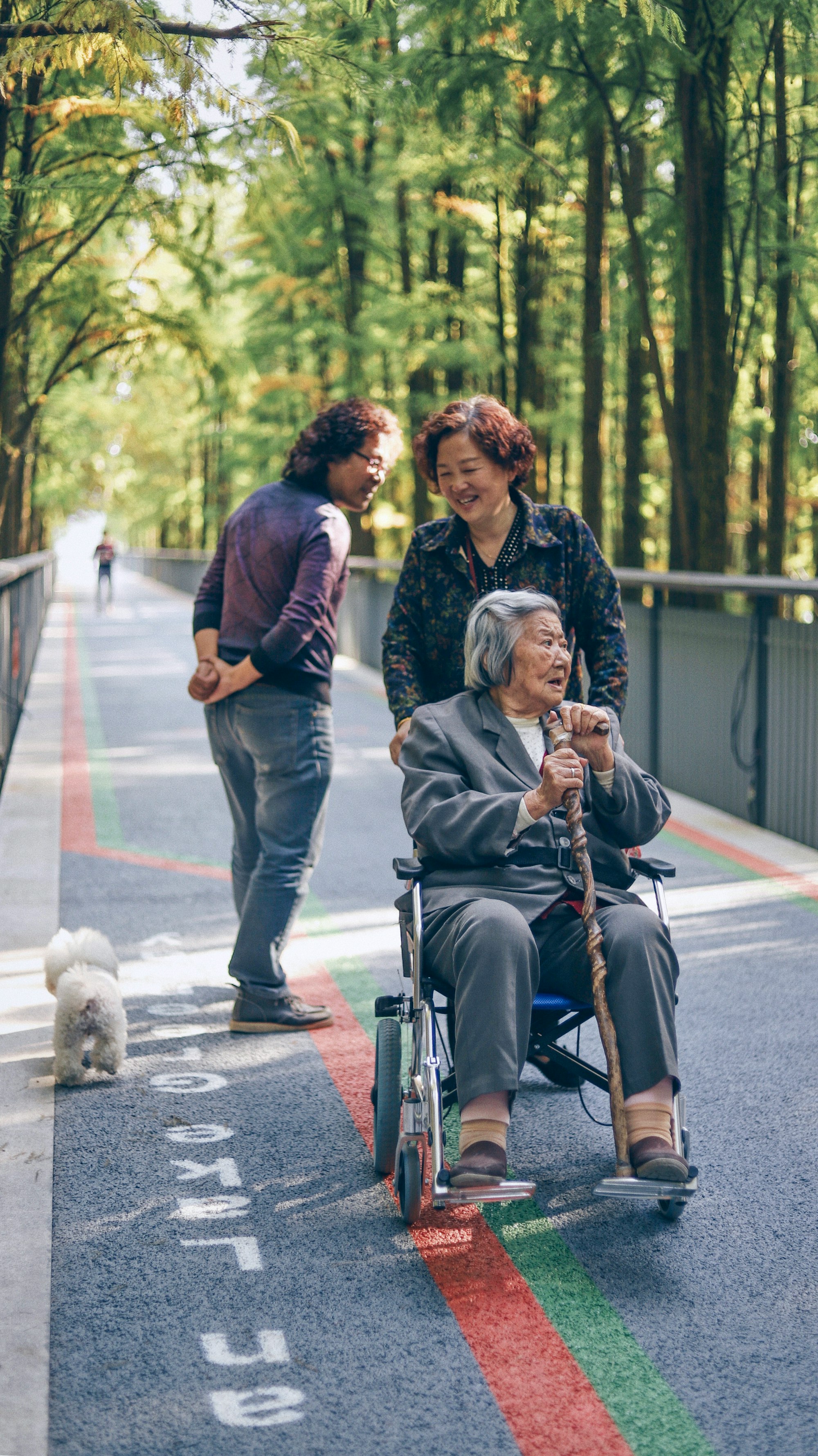Assistance In Home Care | Expert Care for Seniors & Elderly
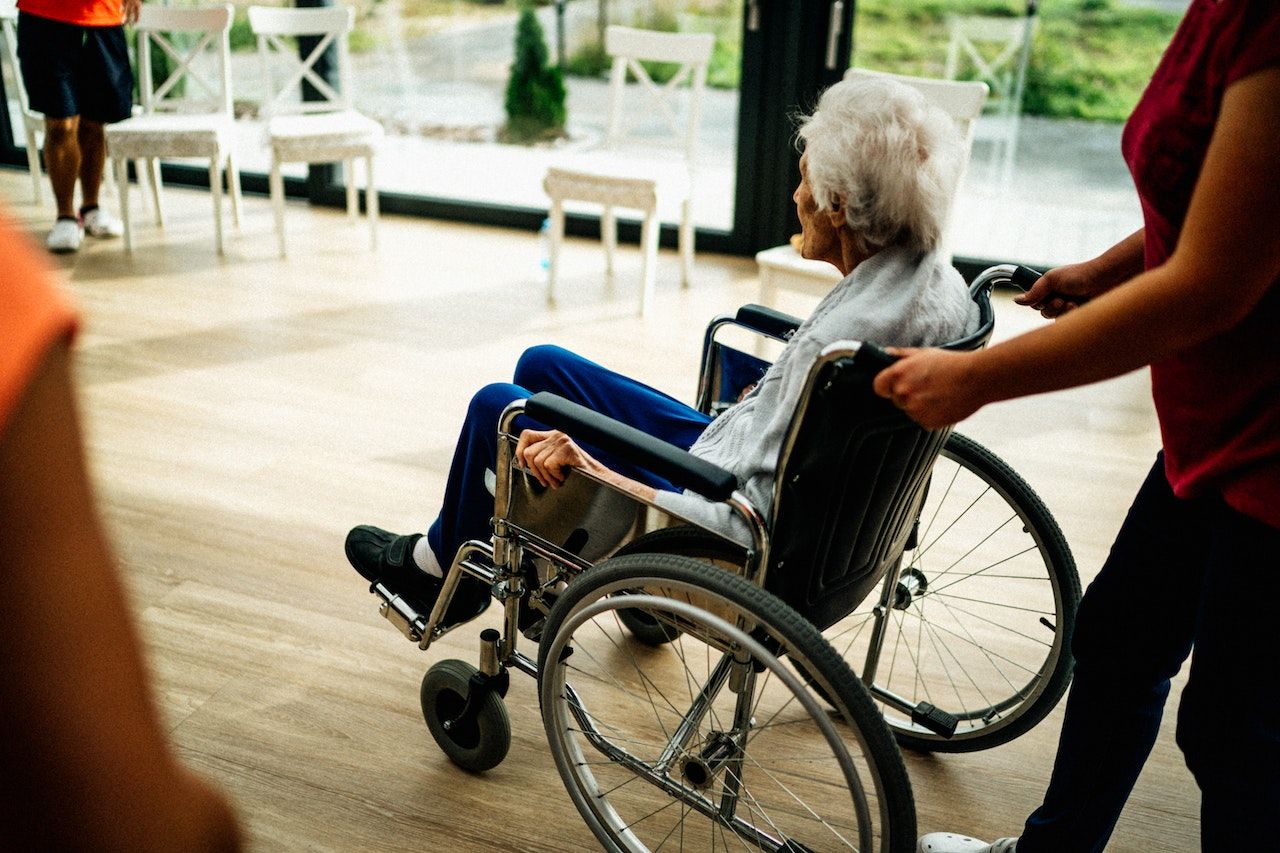
In home care services are a great way for individuals to stay in the comfort of their own home while receiving professional support services. It can help those who wish to age in place. You manage chronic health issues, recover from an illness or accident and also aid with special needs and disabilities. Whether it be short-term or long-term assistance that’s needed – nurses, aides and therapists are available 24/7 making life easier with senior care at home. In home care is a great way for family caregivers to continue to remain working or provide much needed respite from their caregiving duties.
Types of home care

Many family members don't realize there is a difference in home care and home health care services covered by medicare and medicaid.
In home care and home health care may sound similar, but they offer widely different senior care services. Non medical In home care focuses on providing personal care services, so you can confidently take on activities of daily living - from grocery shopping to light housekeeping tasks. Whether it's helping with meal preparation or finding reliable transportation to medical appointments, rest assured that there are qualified professionals available to help out!
What is skilled nursing care services at home?
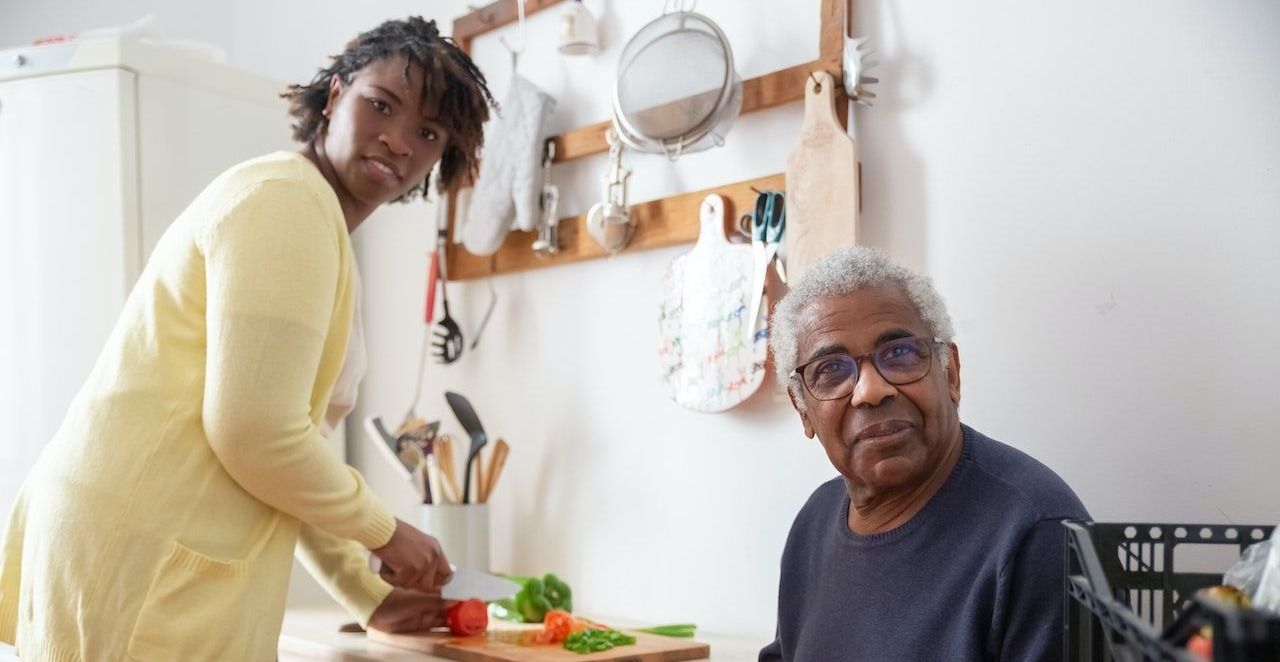
Skilled nursing is regulated by the federal government under the U.S Department of Health & CMS. ( this means it is regulated to be covered by Medicare and Medicaid.?
Skilled nursing care services are certified through strict criteria with regular government inspections in place so you know your help comes from qualified professionals such a nursing services. In some communities, medical in home health is also known as visiting nurses. Medical care is considered skilled nursing. It requires an order from your doctor. To have these services covered by Medicare or Medicaid, you must be deemed home bound by your doctor.
What does homebound mean?

Although it may seem restricting, being homebound doesn't mean you can never leave your house. Medicare outlines criteria to help determine if a person is considered "homebound." It's all about the level of difficulty in leaving one's own home. And whether or not assistance from equipment such as crutches, wheelchair etc is needed, due to illness/injury.
Even if you consider yourself homebound, there are still times when it's appropriate and safe to go out under Medicare guidelines. Taking a trip to the doctors office or other medical services, as well as religious services and trips to the barber shop or hair dresser are seen as essential. Special occasions like family reunions, funerals, graduations can provide much-needed joy during difficult times.
Home care with skilled health professionals can be a great relief for aging adults with a chronic medical condition that may have concerns both short-term and long-term. Licensed nurses, therapists, and, occasionally home health aides are available to help people recovering from an injury or living with a chronic conditions receive the necessary support they need in their own home environment.
Home health aides
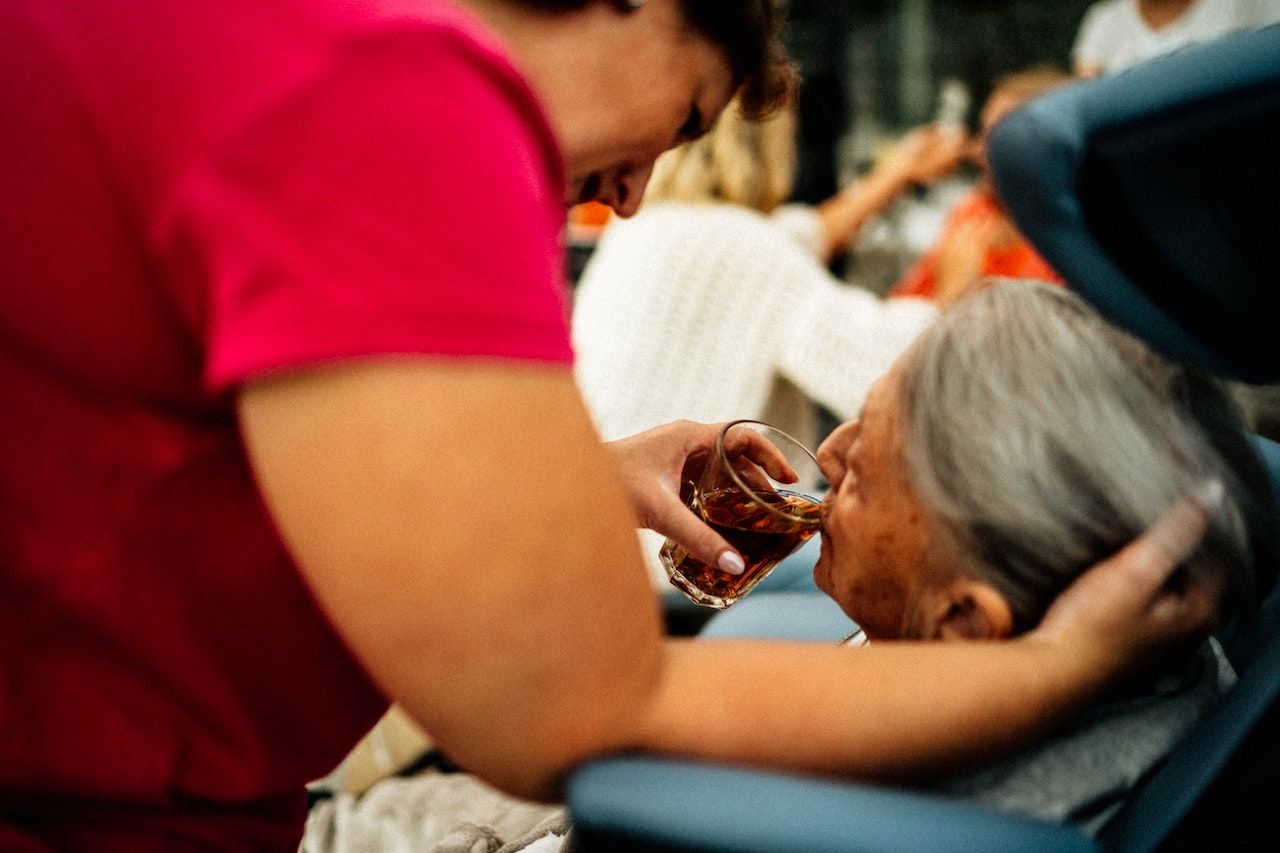
Home Health Aides are an invaluable part of the healthcare landscape, helping to ensure those requiring assistance receive quality care. With a broad range of expertise that includes administering medications and operating medical equipment such as braces, ventilators and more, they can play both a basic role in personal hygiene or provide higher level skilled nursing.
Regardless of their title - nurse aides, nursing assistants or geriatric aides – these compassionate professionals have one goal: to make sure each patient receives attentive support for all his/her needs. A home health aide requires certification and training to maintain their license and must provide care under the direction of an RN.
Medicare benefits for home care are intermittent visits for a short period of time
It is important to note here, that skilled home health is a service that is provided for a short period of time. The services are intermittent. This means that the professionals such as a nurse or physical therapist, make a visit and leave. They have a limited amount of time to provide the care needed. Then they must leave to go on to the next patient.
I want to make you aware that most of these professionals are paid per visit. I hear so many family members complain that the nurse didn't stay as long as they would have liked. What most family caregivers don't realize those nurses have to complete some very extensive paperwork. They have to meet the strangulating government requirements to make sure the agency is paid for that visit. They may even have a quota of 10 to 15 patient visits in a day.
Many family members are given a choice by the medical social services department in the hospital , to receive in home medical care services or have their loved one admitted to a nursing home for the ongoing care needed. Depending on the needs of their loved one, most prefer to age in place and receive community based services in the comfort of their home.
Of course, if your aging family member requires around the clock care services, it may be more cost effective to have the care provided in a nursing home setting.
Types of skilled nursing tasks

There are many different types of skilled nursing tasks, including:
· I.V Infusions
· Monitoring health status, Regular monitoring of blood pressures etc
· Wound care
· Chronic Disease Management, such as diabetes management, pain management
· Injection Administration - such as injectable administration osteoporosis drugs for women
· Total Parenteral Nutrition (TPN)
· Enteral Nutrition (Tube feeding)
· Chest Tube Drainage
· Trach Care
· Ventilator Care
All of these services are provided on an intermittent and on short term basis.
Skilled nursing care at home may include services such as:

o Medication management
o Setting Up Daily Pill Planner to ensure safe administration
o Patient and caregiver education. They will take time to teach you wound care, how to give an injections, how to do tube feedings etc.
o Nutrition management
o Pain management
o Physical Therapy
o Occupational therapy
o Speech therapy.
Skilled home health care usually is ordered by a doctor when you have been discharged from the hospital, or you've had a recent out patient surgery, or even after a new diagnosis.
I recently had a client call me, about her husband's new medication that was ordered. When she went to pick it up at the pharmacy, she learned it was going to be an injection. The doctor's office failed to tell her that. When she called the doctors office, they told her she could bring him into the office and they would give her husband the injection.
The problem is, her husband has dementia and he is becoming more challenging getting into the car. I told her that she should call her doctor and ask them to order skilled home care . I also made her aware that palliative care services is also an option. Both options will provide receiving injections at home, as well as help to monitor his response to the new medication.
Your doctors office or social services in the hospital are required by law to give you 3 choices of providers for skilled home care providers. Most will give you one, and set up the services. I will tell you that if you are unhappy with recommended home care service provider, you always have the option to change providers.
What to look for in skilled in home health care providers

Choosing the best home care company is essential for your loved one's quality of life and overall well being. Make sure to check if they're Medicare or Medicaid certified, as well as Joint Commission Accredited - this indicates that their services meet all federal and state standards necessary for top-notch care. If you have a Medicare Advantage program, make sure they are an in network provider.
Be aware that if you have a Medicare Advantage program, these are managed care program. you will be given limited amount of visits at a time. Contact your insurance provider to make sure the home health agency providing services is part of your insurance providers in network plan.
Is the agency able to provide written statements of the costs, as well as a payment plan, that comes with the care of your loved one?
Can the agency explain what you have to pay for?

Making sure you are informed about the costs that come with hiring a home health care provider is important. Before investing, investigate what potential expenses your insurance may cover as well any out-of-pocket payments required upfront - this will help make it easier to plan and budget for these services in advance!
When providing the best possible care for your loved one, consider their individual needs to find an agency that specializes in delivering those services. Speech therapy, occupational therapy and physical therapist may be necessary options depending on their situation. In addition, home health care providers may offer programs tailored to specialized conditions such COPD or heart failure. They will be able to help you plan for future care needs.
When seeking an in home health care provider, it's important to ensure the staff are available when needed. You want an agency that offers round-the-clock support can give you peace of mind if there’s ever an urgent medical situation. Having access to 24/7 service may greatly benefit those requiring high levels of attention due to existing conditions.
With the changes in laws and low reimbursement, it is getting more and more challenging to get nurses. That will be the biggest challenge will be providing staff to make the necessary visits. Even the home health aide services are limited. Don't hesitate to ask if a home health aide will provide personal care assistance while you are under their care.
The home health aide services are very limited under Medicare.
o Make sure to ask when they will be able to start services and how many visits per week you will have?
o How long do they anticipate services will be provided?
o How does the agency select and train the employees it has?
Are there background checks performed on the employees the agency has?
How does the agency follow up and handle the resolution of problems?
I always recommend that family caregivers ask for references from past clients. The Bottom line for home health services is, the family caregiver will be expected to provide the care once provided by a nurse. The nurse will train you on how to do the treatments, injections and other medical care tasks.
Non medical in home care services is considered custodial care
Medicare will not cover any personal care assistance. As we age, many of us may struggle to keep up with the essential tasks of day-to-day life. There are several options to pay for non medical in home care. The majority of consumers use private pay funds for these caregiving services.
Other sources of financial assistance options may include:
o Long-term care insurance
o Veterans benefits. Contact your local veterans affairs office to see what programs you may be eligible for.
o Workers’ compensation
What are Medicaid waiver programs ?

ome states will pay for non medical in home care costs, These are called waiver programs. Meaning you are providing care at home for your loved one instead of placing them in a nursing home. I recommend that contact your local area agency on aging to see what is available in your state or county.
Hiring a home health aide can offer support and provide tailored services that help a seniors remain independent in their own homes while still receiving assistance when needed.
In fact, 90% of seniors prefer this option, known as "aging in place", over moving into one of the assisted living communities in their area.
Many are not able to pay for the high costs of being in an assisted living community. And don't qualify for Medicaid provided assisted living facilities until they spend down their assets.
Most want to avoid being placed in a nursing home. Seniors want to age in place because they place a high value placed on maintaining autonomy, enjoy independent living and find comfort in a familiar routine.
Personal care aides are trained for various levels of need. They can provide services for a few hours a day, to around the clock support, if needed.
They are knowledgeable on how to use mobility aids to medication reminders and meal preparation. A personal care aide will help with bathing , dressing and light housekeeping duties; these helpers ensure elderly individuals can experience dignified independence without sacrificing safety or comfort.
What is the difference between a personal care aide and companion care aides?
Many in senior care use these titles interchangeably. There is a difference.
While both companion care and personal care are beneficial for elderly individuals, they have important distinctions. Companion care offers social support with activities at home or in the community, while those needing physical assistance should look into personal care which includes hands-on help with everyday tasks like bathing and managing chronic conditions. Ultimately – depending on individual needs - either option can make aging more enjoyable and secure!
For many older adults, living with companionship and emotional support is as important to their wellbeing as other senior care programs.
What are companion caregivers?
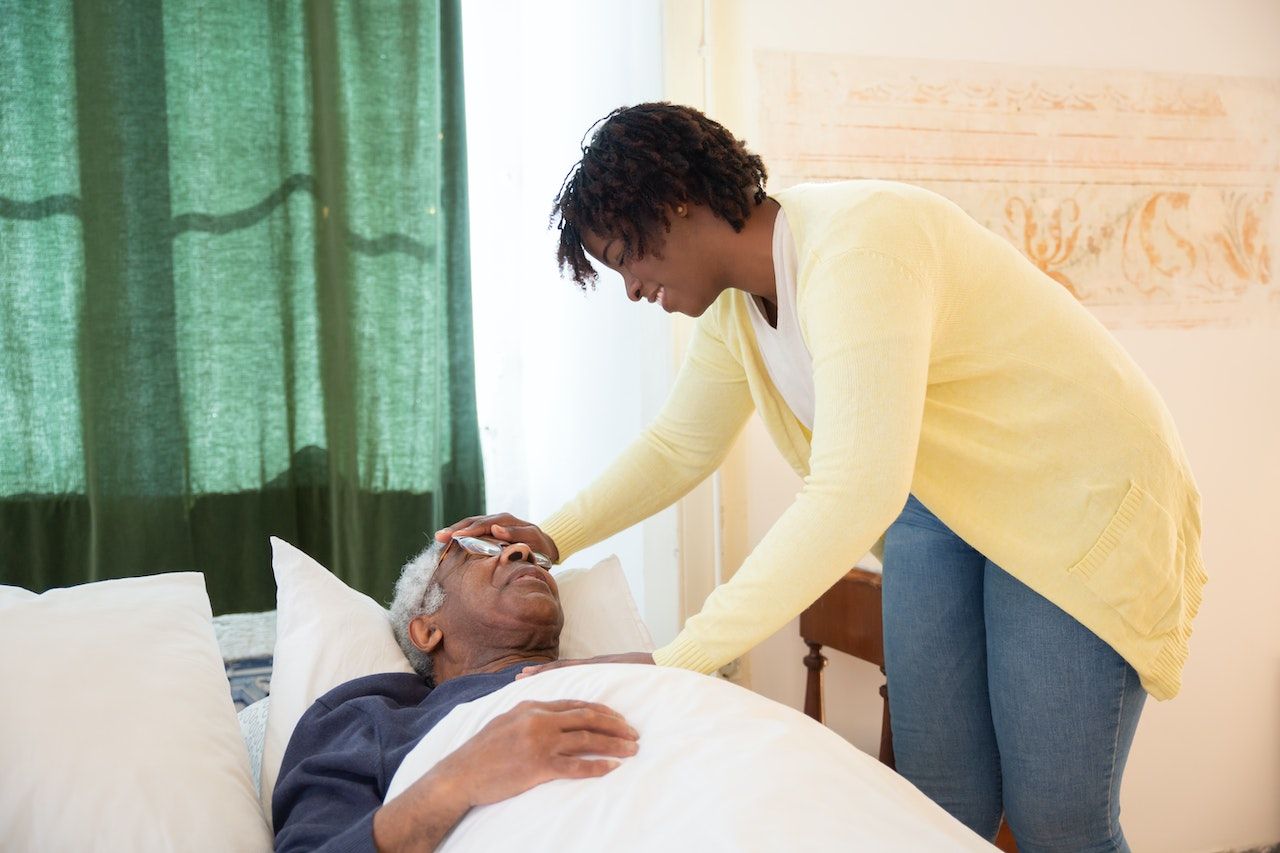
That's why companion caregivers are a great option - they offer more than just practical help around the house; they provide meaningful social interaction too!
With such services, seniors can look forward to pleasant activities like attending clubs or societies together, visiting far-flung relatives for quality time spent apart from others' busy lives and even keeping up hobbies that bring them joy.
Not only does this promote independence but also ensures better overall health in later life. Having companion care services can keep the social isolation that so many seniors face at bay and allow them to enjoy a better quality of life. And for the family caregiver, it can provide much needed respite care services so they can rest and recharge while their loved one is being entertained. A plus to having a companion care aide is they actually help delay the progression of dementia. Social interactions, playing games or even enjoying in hobbies have been shown to help those with dementia.
When do you know when to introduce companion care services to your aging family member?

If your family member seems distant or is struggling to manage daily living tasks, they may benefit from some extra help.
Companion care providers can provide the emotional support that encourages a loved one back into their favorite activities, It can helps them take on responsibilities with confidence again. Things can be easier if done with someone else.
o If you’ve noticed signs that your aging family member seems withdrawn and has become isolated, they may have a decreased appetite or have apathy towards things once enjoyed - companion care could be an ideal solution for helping uplift spirits and lift burdens at home for the family caregivers.
I want to address how we have a caregiver crisis in this country.

Home health services are changing to address the senior care services industry. We have a caregiver crisis in this country. Home care care providers pay so poorly, and treat their staff so badly, many have left the industry. Many people do not realize that most home health care aides live at or below poverty level. Most are not even offered any types of benefits. The companies that provide home health care services charge 50 to 75% more than they pay the home health care aides that do the work. These individuals are not even paid mileage or travel time to get to their jobs.
Aging in place is a growing movement. Seniors want to remain in their own homes and avoid being placed in an assisted living or nursing home. There are seniors that are against any outside help in the home. They find it intrusive and uncomfortable.
Technology is revolutionized non medical home care services
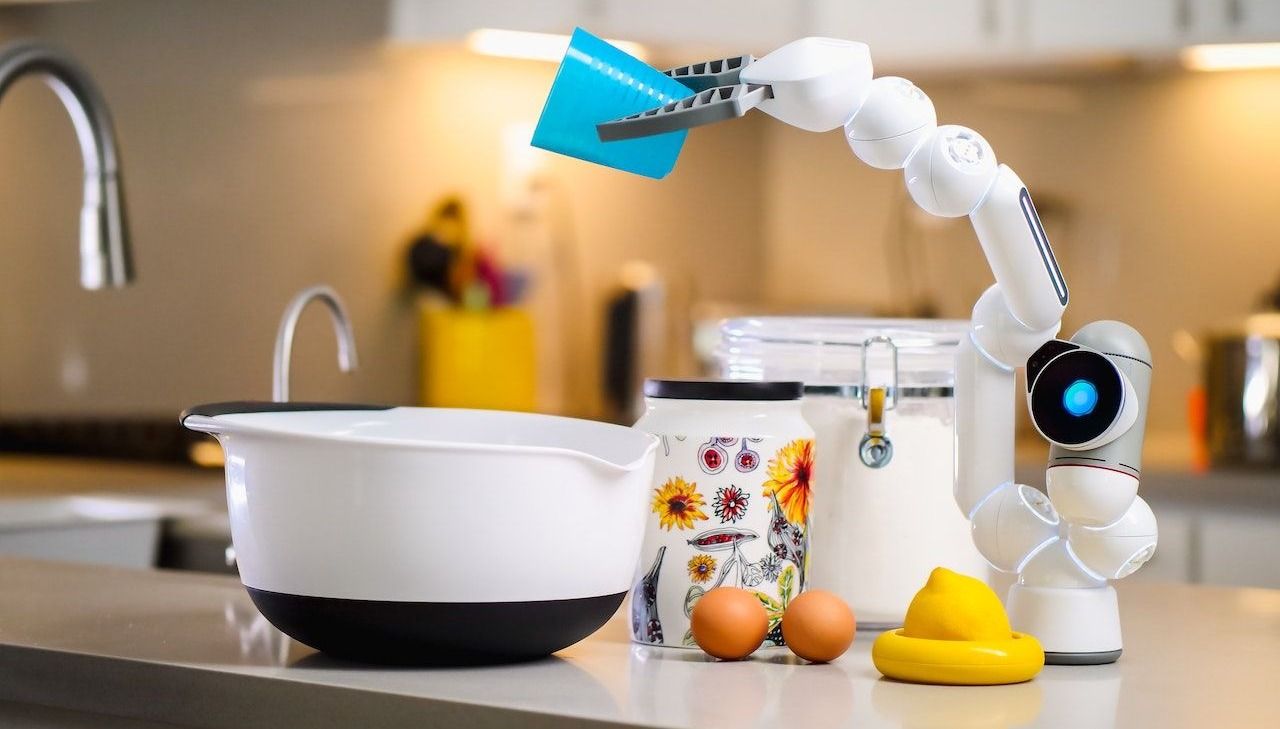
Technology has revolutionized the way non-medical home care services are delivered, allowing seniors to continue living independently in their own homes.
With Telecare solutions like Routinify, providers can now keep track of a variety of factors remotely such as medication intake and activity levels so that family members don’t have to worry from afar. This innovative technology also allows for personalized service tailored specifically for each client's needs – all while providing access even to people who may be located in more remote or rural areas where traditional caregiving could not reach them before.
I must admit that this solution to is ok, to a point. There is no replacement for human contact. Because of the caregiver crisis, this may be a solution for some.
There is another company that is addressing in home care from a different perspective. Companion Care offers in home care technology approach to senior care.
Instead of relying on robots, technology now offers a substitute for human connection - one that can help alleviate loneliness and provide companionship to elderly people. Through this innovative tech, seniors are able to converse with an animated character displayed on screen, as though it were real person listening and responding in their own voice! The company actually does provide human services. Behind the scenes is not a robot but a real person (a team of people, actually) who are listening. These remote individuals can respond to any question, in the voice of the animated character. I think that some seniors will find this insulting. Others will find is comforting.
Additionally, family members can use the device's features such as sending updates about grandchildren or pictures while helping ensure senior loved ones take necessary medications.
With this system, seniors can enjoy 24/7 support and companionship with their animated character for a more personable experience. Plus, if seniors need to move to different rooms or even into assisted living , the tablet computer is easily movable!
To create more interaction with your aging senior, family members are invited to share information such as names of people close by them in photos plus medication schedules via the online customer portal – connecting generations together while providing tailored assistance.
I know that they promote this technology as an excellent asset when caring for elderly loved ones. It can reduce the amount of hours spent on companion care services for cost efficiency. They do recommend combining this with services like medication management, personal safety monitoring. And even considering using adult daycare as a comprehensive solution to protecting our seniors while providing remote companionship in their own home.
Elderly individuals who are alone during the day don't have to be lonely! This company promotes that those individuals that have companion care visits, they can get the companionship and help that they need. The company suggests that with a digital service available family caregivers can reduce the number of visits from 5 days/week to just 3 days week. This would save over $500 each month or an incredible amount of $6,000 annually. Which is great news great news for your budget!
Aging in place is a growing movement. At a time when we are facing a caregiver crisis, in home care providers will need to get creative to support the growing aging population.
· I have created a home health care checklist for you to use to know the right questions to ask when interviewing.
I have also created a hiring packet for those that want to hire some one directly, instead of paying an outside agency. You will find this and many other valuable information in our resource section.
Unsure of who to call for home care services?

We have created a national home care directory just for you! As we grow , you can search by zip code or city and find the perfect in-home care provider for your loved one. We have providers listed in every state, so you are sure to find someone close by.
We know that finding the right provider is important, which is why we offer reviews and experiences from other families who have used these providers. You can make an informed decision based on their feedback.
You might also like this article:


